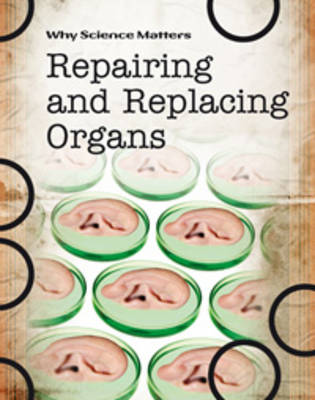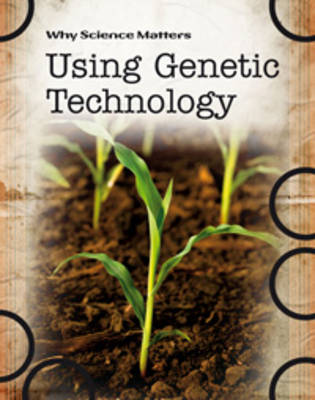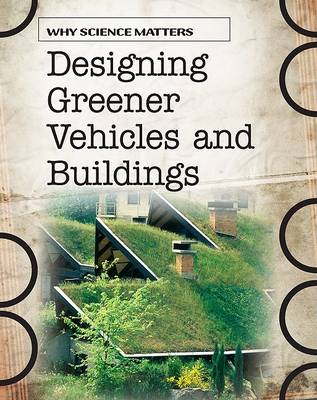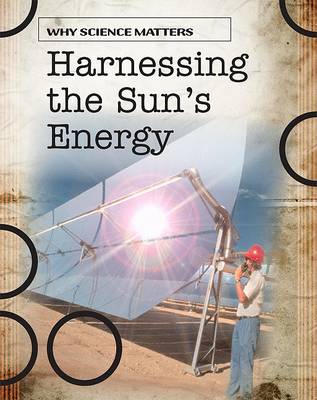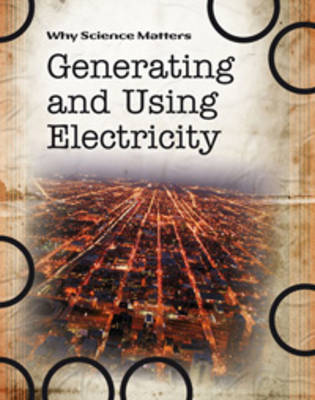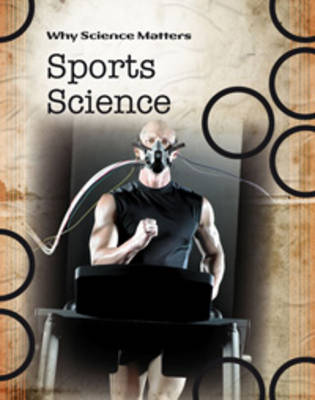Why Science Matters
6 total works
Why does the body try to reject transplanted organs? How is artificial skin grown? The 'Why Science Matters' series demonstrates how the science we learn at school is important in every aspect of our everyday lives. Using case studies and investigations, the series describes the development of science and technologies that can improve our lives – or lead to new scientific challenges and controversies. In 'Repairing and Replacing Organs', we find out how the body’s organs and systems are organized, and discover how science enables amazing repairs to be made when things go wrong. We learn about wear and tear in the skeleton’s joints, the importance of matching organ donors to patients, efforts to create artificial organs, and how stem cell research offer new opportunities for repairing the body.
Does science sometimes seem dry and boring? Why do we need to learn about it? "Why Science Matters" demonstrates how the science we learn at school is important in every aspect of our everyday lives. Using case studies and investigations, the series describes the development of science and technologies that can improve out lives - or lead to new scientific challenges and controversies. In "Using Genetic Technology" we find out about the potential benefits and risks of technologies, such as gene therapy, which have to be balanced against one another. We learn how characteristics of living things are the combined result of a number of genes, and how scientists can alter an organism by altering its genetic make-up. We discover how it could become normal to grow crops or raise farm animals to produce drugs and medicines, in the same way that we farm them for food, milk, or wool today.
Why do we need greener buildings? What is a carbon footprint? How can computer-aided design help reduce our energy use? The 'Why Science Matters' series demonstrates how the science we learn at school is important in every aspect of our everyday lives. Using case studies and investigations, the series describes the development of science and technologies that can improve our lives - or lead to new scientific challenges and controversies. 'Designing Greener Vehicles and Buildings' investigates how our transport systems and buildings affect the environment. We find out about energy transfers, the importance of renewable building resources and energy sources, and the science behind solar panels and hybrid fuel cars. And we learn about the cutting-edge innovations in architecture and vehicle design that will help us to reduce our energy.
Why is the Sun vital to life on Earth? How does the Sun affect our weather and ocean currents? Can science solve the problems of fossil fuel shortages and climate change? The 'Why Science Matters' series demonstrates how the science we learn at school is important in every aspect of our everyday lives. Using case studies and investigations, the series describes the development of science and technologies that can improve our lives - or lead to new scientific challenges and controversies. In 'Harnessing the Sun's Energy', we find out how the enormous power of the Sun can be used to meet the world's growing energy needs. We find out about the significance of energy transfers and the role of sunlight in food chains and webs, and examples of new technologies that can provide us with environmentally-sound energy.
In Generating and Using Electricity, we find out how electricity is generated from many sources, including waves, wind, and the Sun. Learn about electric charge, cells and batteries, generators, and electric motors. We see how power plants distribute electricity, how we get usable voltages in our homes, and how low-energy bulbs can reduce our energy consumption. And we discover cutting-edge technologies, such as plastic that conducts electricity, microbial fuel cells, and generators that run at -196C (-321F).
In Sports Science, we learn how sports and exercise science can benefit everyone, not just athletes. We find out about how the body responds to exercise, the role of nutrition and sports psychology in improving performance, how biomechanics can improve efficiency and reduce injuries, and see examples of training regimes. Learn about how the body obtains and uses energy during exercise, the ways in which fitness is measured, and the effects of stress, dehydration, and overtraining.
